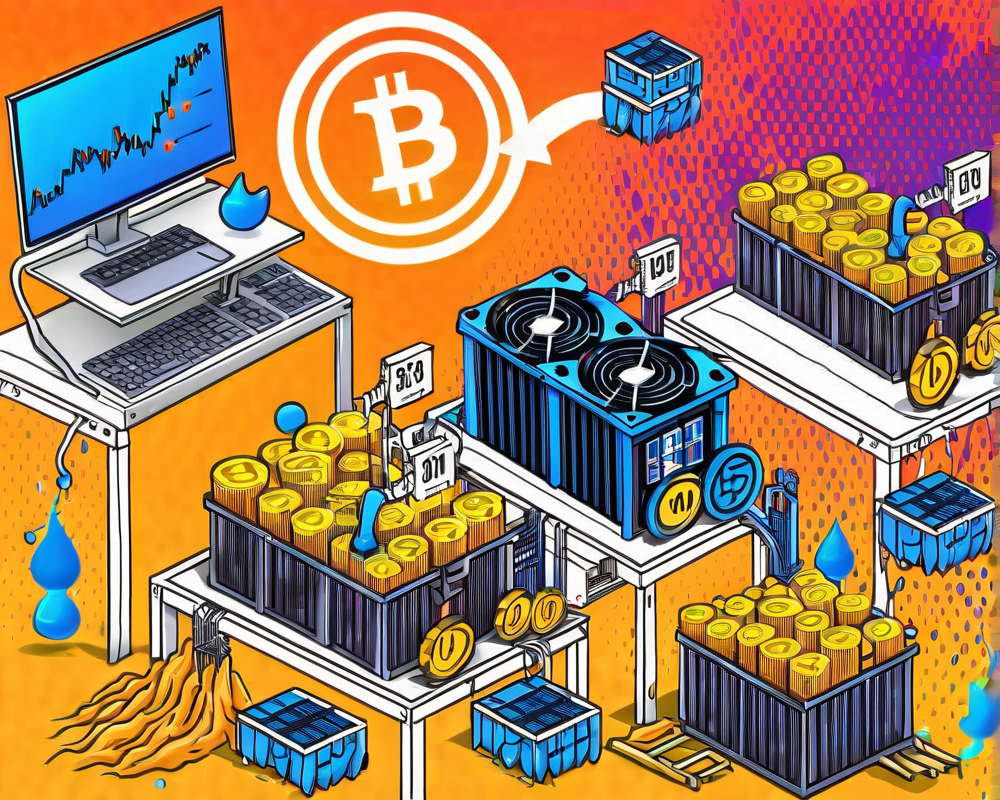Where Did Control Go?
Robinhood’s controversial decision to halt trading on stocks like GameStop and AMC has raised some serious eyebrows. According to Anne Fauvre-Willis, COO of Oasis Labs, this incident exposes a critical flaw in the digital landscape of today. Control is the name of the game, and users are finding it harder to hold on to their assets in a Web 2.0 world that feels more like renting a bad apartment than owning a mansion.
The Illusion of Ownership
Let’s face it: in the realm of Web 2.0, users don’t truly own anything. Fauvre-Willis articulates this shared frustration perfectly: “At the end of the day, users of Web 2.0 are never in control – they don’t own their assets, they don’t control their data.” It’s like being a guest in someone else’s house, only to realize they may change the locks whenever they like. This epiphany hit many users hard during the Robinhood debacle, which served as a harsh but illuminating lesson.
Web 2.0 vs. Web 3.0: What’s the Difference?
The transition from Web 2.0 to its successor, Web 3.0, is like moving from dial-up internet to fiber optics. Web 2.0 is characterized by user-generated content and seamless interactions, but those interactions often come with strings attached. Fauvre-Willis notes that most companies operating in this space are not motivated by the users, but rather the profits they can extract from them. Sounds a lot like a bad relationship, doesn’t it?
The Call for Decentralization
According to Fauvre-Willis, Robinhood’s actions have thrown into stark relief the pressing need for decentralization in our digital interactions. Imagine a world where users govern their own data and finances—no middlemen asking for a percentage of your hard-earned cash. Decentralized technologies, like blockchain, offer a beacon of hope, allowing individuals to keep their assets under their own control.
- No more centralized control
- Retain ownership of assets
- Transparency and trust
Oasis Labs: Leading the Charge
Oasis Labs has been making headlines with its collaborations centered on privacy and data security. With partnerships like the one with BMW Group, they’re not just talking the talk—they’re walking the walk! The launch of their mainnet in November, touting a lightning-fast 1,000 transactions per second, shows that the future of online transactions can be both speedy and secure.
Robinhood’s PR Nightmare
As if the Robinhood saga wasn’t tumultuous enough, the trading app’s public image is taking a nosedive. Reports are swirling that they may put plans for their initial public offering on ice. Perhaps it’s time for them to re-evaluate their strategies before they find themselves left out in the cold—much like users trying to access their accounts during a market frenzy.




